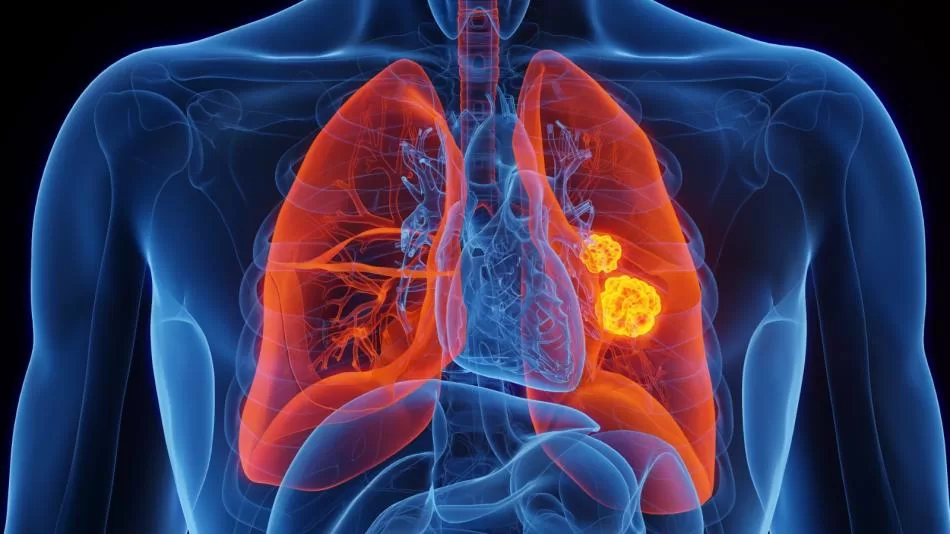BPI Federal Association of the Pharmaceutical Industry
Berlin (ots)
The supply of medicines from immunoglobulins for people with immune defects must finally be made crisis-proof – patients are always worried about their supply. This was the subject of the press conference of the initiative “Boy in the Bubble – Pro Antibodies – Contra Infections: Recognize and treat congenital immune defects!” as part of World PI Week.
People with immune deficiency diseases are dependent on a constant supply of antibodies (immunoglobulins), which can only be produced from human blood plasma. Without these immunoglobulins, even a banal infection can be life-threatening, because the patient’s immune system is very weak or non-existent. Without drugs containing immunoglobulins, these people would have to live in isolation, like David Vetter in the 1970s. The boy, who suffers from a severe immunodeficiency, lived his life of only 13 years, completely isolated in a plastic bubble. Thanks to immunoglobulins, this is no longer necessary today, but there has been a precarious supply situation here for months, and there are far too few medicines with immunoglobulins. And the supply situation will remain tense in the future, given the uncertain supply situation on the one hand and the increasing need for these life-saving drugs on the other. In order to draw attention to this and to call on politicians to counteract this supply bottleneck effectively and sustainably, the Boy-in-the-Bubble initiative is now showing in a live event on the Reichstag meadow what life without immunoglobulins looks like isolated in a plastic bubble would. The founder of the initiative is Prof. Volker Wahn, formerly head of the Infection Immunology Section of the Clinic for Pediatrics with a focus on pneumology and immunology at the Charité in Berlin, in cooperation with the patient organization dsai, FIND-ID, immundefekt.de, BPI and CSL.
“The times when many people with immunodeficiencies were isolated are thankfully over,” says Prof. Volker Wahn, “because the urgently needed immunoglobulins can now be isolated from human blood plasma and processed into medicines. In this way, many patients can lead a largely normal life to lead”. He qualifies: The lack of availability of medicines with immunoglobulins is not only in the COVID pandemic for the attending physicians rather shortage management than state-of-the-art therapy. Dose intervals are stretched, dosages reduced in order to be able to offer something for everyone. “Patient organizations, medical societies and the doctor’s network FIND-ID have been drawing attention to the difficult supply situation for a long time – without success! It is therefore necessary to break new ground and finally give doctors and patients a hearing about how dramatic their supply situation is – politicians must act!” such delusion
Immunoglobulins can only be produced from human plasma – they are too complex to be artificially reproduced. However, the raw material blood plasma is scarce, the COVID-19 pandemic is making this shortage noticeable to this day, and a permanent solution to the shortage is not in sight due to the limited raw materials. “The processing of immunoglobulins from plasma into a ready-to-use drug is demanding and takes up to a year,” says Simone Naruhn from CSL Plasma. “In addition, a current forsa survey shows that in Germany there is far too little knowledge about the possibility of plasma donation, so there is a lack of donors and therefore also of the raw material plasma.”
For the patients, this has meant constant anxiety about their vital therapy for months. In the case of immunoglobulins, a raw material bottleneck becomes a supply bottleneck that leads to supply bottlenecks like no other medicinal product. Therefore, the peculiarity of immunoglobulins must be taken into account. Gabriele Gründl from the dsai (patient organization for congenital immune defects) reports on the futile efforts to get politicians to pay attention to the recurring supply bottlenecks: “There is no plan B for people with immune defects – they are dependent on vital immunoglobulins without any alternative. On the contrary for insulin for diabetics, for example, immunoglobulins cannot be produced artificially. Health policy has a duty to ensure that there is always sufficient plasma available. We will not stop fighting for this. The joint effort of all institutions involved at national and European level must be continue with full force and politics must act sustainably!”
Christian Wieszner, Managing Director of CSL Behring Germany, also points to the future supply situation: “If the raw material plasma is not available in sufficient quantities, we will not be able to produce sufficient medicinal products. And the gap between demand and supply will widen, because demand of drugs containing immunoglobulins is increasing by eight percent annually, as the Paul-Ehrlich-Institut has determined.” This is not only due to the much earlier diagnoses in people with immune deficiencies, but also to the fact that treatment options with immunoglobulins are being researched for other, previously untreatable diseases, in which these are then used. “Against this background,” says Wieszner, “there is a need for a secure special position for immunoglobulins in our healthcare system!”
dr Christian Rybak, an expert in life sciences, health and social law and who has been involved with the topic for a long time, adds: “Aside from the fact that it takes much more effort than before to motivate people to donate plasma, the scarce immunoglobulin-containing ones are suffering Medicines are also still subject to considerable and unjustified regulatory constraints, which means that the already existing shortage is even greater.” According to Rybak, proposals on how to improve the availability of immunoglobulin preparations have been on the table for a long time. These included, among other things, the abolition of discount agreements for immunoglobulins and the promotion of imports, but also the exclusion of the obligation to substitute these preparations in pharmacies, which is not based on medical reasons. The legislature has recognized the special role and importance of immunoglobulins by partially excluding certain immunoglobulins from the extended price moratorium. However, this rule is not consistent. Last but not least, it also remains unclear why this should only apply to certain immunoglobulins that are new or approved after December 31, 2018. Rybak’s conclusion: “This solution does not do justice to the current delivery and supply bottlenecks.” Many of these measures could be implemented immediately within the framework of the Drug Supply Bottleneck Combating and Supply Improvement Act (ALBVVG). There are many ways to change the framework conditions in order to defuse the current immunoglobulin situation and to make the supply of immunoglobulins future-proof and crisis-proof, Rybak continues.
On immunodeficiency diseases:
Immune deficiency diseases are among the rare diseases, but there are many of them – so in the end a large number of patients need medicines that are essential for survival. In Germany, around 5,000 people live with such a, usually congenital, immune deficiency. Their immune systems are very weak or non-existent because they cannot produce any or far too few antibodies (immunoglobulins) that could protect them against infections – infections that are not a problem for healthy people. In the case of severe immune deficiencies, even a common cold can be life-threatening.
Many of those affected are now discovered in infancy through appropriate screening programs, but too many sufferers still suffer for years and decades before their diagnosis is made.
Immune defects can be acquired as so-called secondary immune defects, for example in the context of cancer. These patients are also dependent on the supply of drugs containing immunoglobulin.
boy in the bubble
An initiative by Prof. Volker Wahn, immundefekt.de, with the kind support of dsai, BPI, CSL, and FindID, Alpha-1 and GBS CIDP.
The digital press folder with further background information and a selection of printable photos can be found at: https://boy-in-the-bubble.com/presse/
Press contact:
Andreas Aumann (BPI press officer), Tel. 030 27909-123, [email protected]
Original content from: BPI Federal Association of the Pharmaceutical Industry, transmitted by news aktuell



